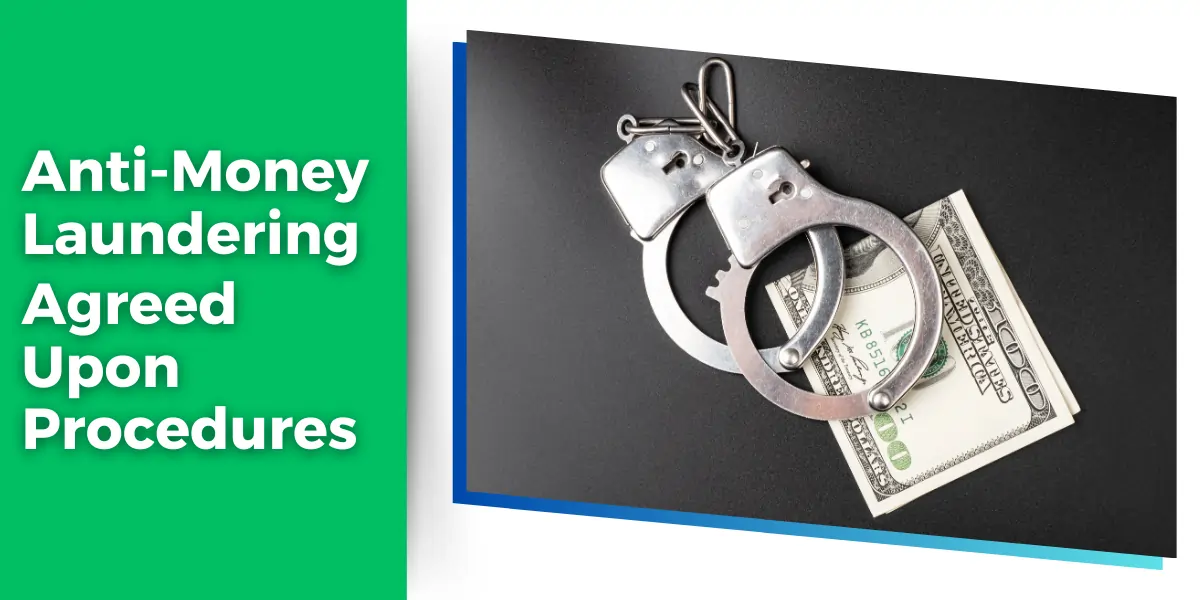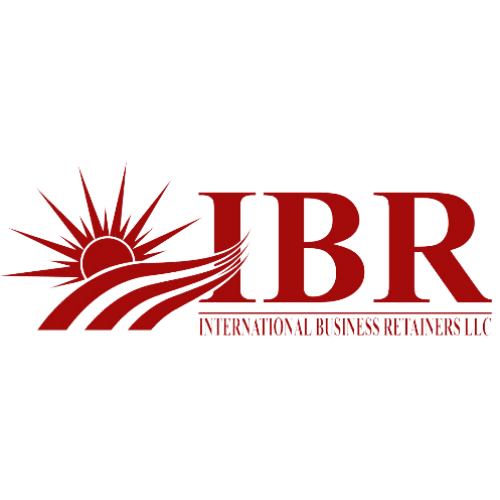
Anti-Money Laundering – Agreed Upon Procedures (AUP for AML)
To guarantee compliance with regulations, CBUAE requires exchange houses to implement Agreed Upon Procedures (AUP) for Anti-Money Laundering (AML). As mentioned by CBUAE The external auditor’s conclusions based on the AML/CFT agreed-upon procedures must be provided by April 30 of the year after the reporting period ends.
The purpose of AUP for AML is to evaluate and guarantee adherence to AML legislation through a collection of procedures and standards.
The main AUPs for AML in exchange houses are listed below
1. Customer Due Diligence (CDD): Use trustworthy, unbiased sources to confirm clients’ identities.
2. Transaction Monitoring: Evaluate how well mechanisms for tracking transactions are working.
3. Recordkeeping: Verify that correct and current client records are kept by the exchange house.
4. Staff AML Training: Assess the staff AML training initiatives.
5. Internal Controls: Evaluate how well AML process-related internal controls are working.
6. Reporting and Communication: Verify that the exchange house has protocols in place for informing the appropriate authorities about questionable transactions.
7. frequent evaluations: To make that AML policies and processes are still current and effective, conduct frequent evaluations of them.
8. Relationships with Third Parties: Examine the due diligence procedure for connections with third parties, such as money service companies or correspondent banks.
Exchange houses should customize their AUP for AML to fit their unique regulatory framework and risk profile.
The team of professionals at IBR GROUP can assist your company in creating established protocols that are tailored to the particulars of the exchange house and the areas in which it conducts business.
An professional staff at IBR Group assists in making sure:
•Adherence to Regulations
• Mitigation of Risk
• Enhanced Customers Due Diligence (CDD)
• Executional Effectiveness
• Adjusting to Modifications
